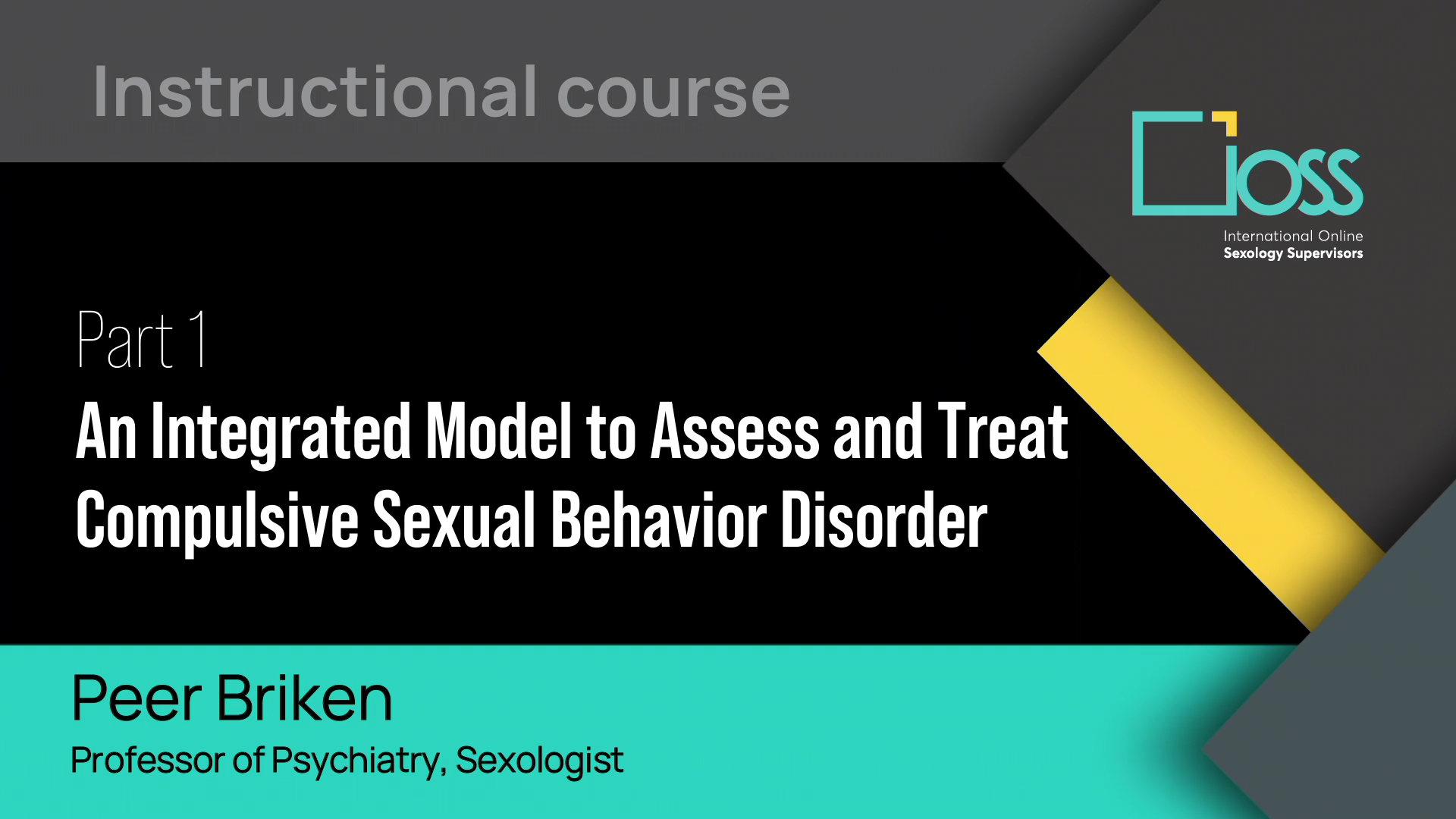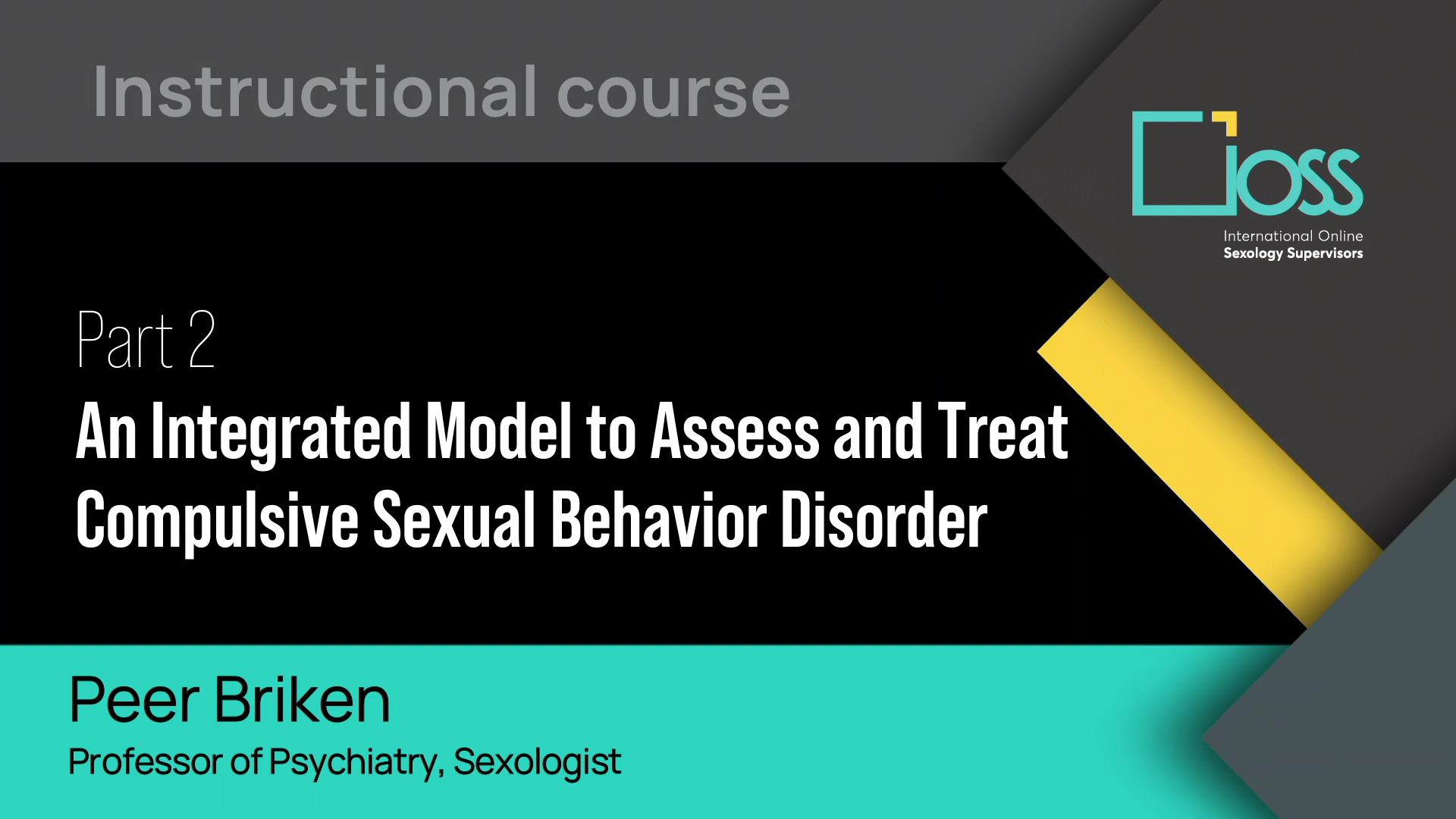An Integrated Model to Assess and Treat Compulsive Sexual Behavior Disorder (Part 1 & 2)
2h 6m
Peer Briken
Professor of Psychiatry & Sexologist
Content and Aim: A considerable proportion of both men and women consider themselves to have a problem with pornography and an even more significant proportion experience their sexual behaviour as insufficiently controllable. For these people, the interplay between excitatory and inhibitory factors could be in disbalance. In this context, biological correlates are important, but social factors, such as negative attitudes towards pornography or hostile attitudes to sexuality, also have a role. In patients with a compulsive sexual behaviour disorder, excessive pornography consumption, masturbation and/or promiscuity that are out of control and lead to distress and impairment are usually present.
The introduction of dedicated diagnostic guidelines for International Classification of Diseases 11th Revision (ICD-11) brings an opportunity for more accurate diagnosis and, therefore, improved research into the disorder’s aetiology, assessment and therapy. Differential diagnoses, such as neuropsychiatric syndromes that can exhibit hypersexuality as a symptom, such as frontal lobe lesions, should be investigated and treated, as should comorbid disorders such as depression. Therapeutic approaches can be based on the Dual-Control Model and the Sexual Tipping Point Model. In each patient, an individualized therapeutic approach is multimodal and includes psychopharmaceuticals such as selective serotonin reuptake inhibitors and naltrexone as well as specific psychotherapeutic approaches.
Learning objectives: The course is designed to help clinicians in:
-
- Improving their knowledge in the new diagnostic criteria for compulsive sexual behaviour disorder (CSBD)
- Advancing their competence on assessment methods, differential diagnoses and comorbid disorders (including paraphilic disorders)
- Being introduced to the integrated model to assess and treat CSBD: treatment planning, the role of counselling, treatment approaches in three steps (including pharmacological treatment)
- Seeing how it works through cases presentation
Produced in 2021
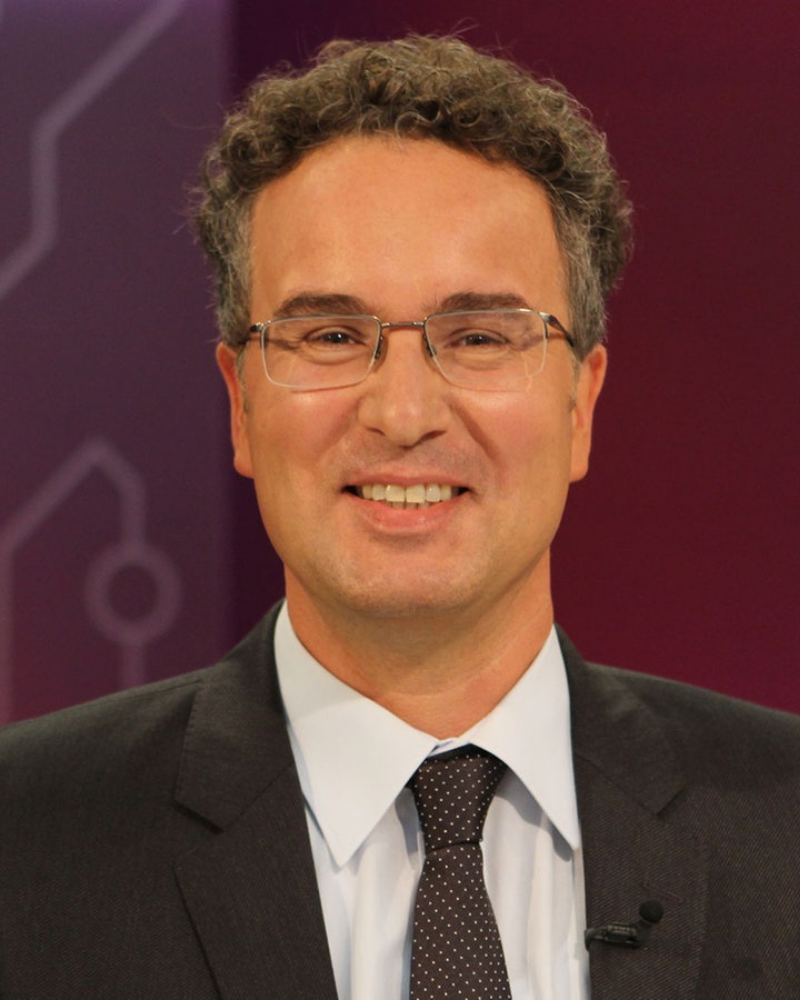
Peer Briken
Professor of Psychiatry & Sexologist
Lecturer and Supervisor
Peer Briken MD ECSM is a full professor in sex research and one of the leading sex researchers in Germany and Europe.
He is the director of the Institute for Sex research, sexual medicine and forensic psychiatry, the oldest and largest institution of sexual science of German post-war history and one of Europe’s leading institutions for sexual science following a multidisciplinary paradigm. He is also one of the four directors of the Institute for psychotherapy at the University Medical Centre Hamburg-Eppendorf, Germany. His main research activities include hypersexuality, paraphilias and sexual dysfunctions. He has published more than 200 scientific papers (h-index 27), is member of the editorial board of the Journal of Sexual Medicine and German Journal of Sex Research, as well as reviewer for leading academic journals in the field (e.g., Journal of Clinical Psychiatry, Archives of Sexual Behavior). He is a member of international and national expert committees (Member of World Health Organization Working Group on the Classification of Sexual Disorders and Sexual Health and of the independent inquiry into child sexual abuse in Germany) and was president of the German Society of Sex Research. He has successfully supervised many post-graduate students. At his Institute, the research activities range from social science research and experimental basic research to clinical and health services research, as well as historical studies. In addition to health care and forensic research, social science research and basic experimental research are major focal points of the institute. Personnel includes professionals from not only medicine and psychology, but also from sociology, neuroscience, educational science, historical science and criminology, so that all these areas are among the sub-disciplines represented at the institute. There is twenty year long clinical practice in the psychotherapeutic and pharmacological treatment and treatment supervision for paraphilic and hypersexual patients as well as people who have committed sexual offenses.
Languages
English, German

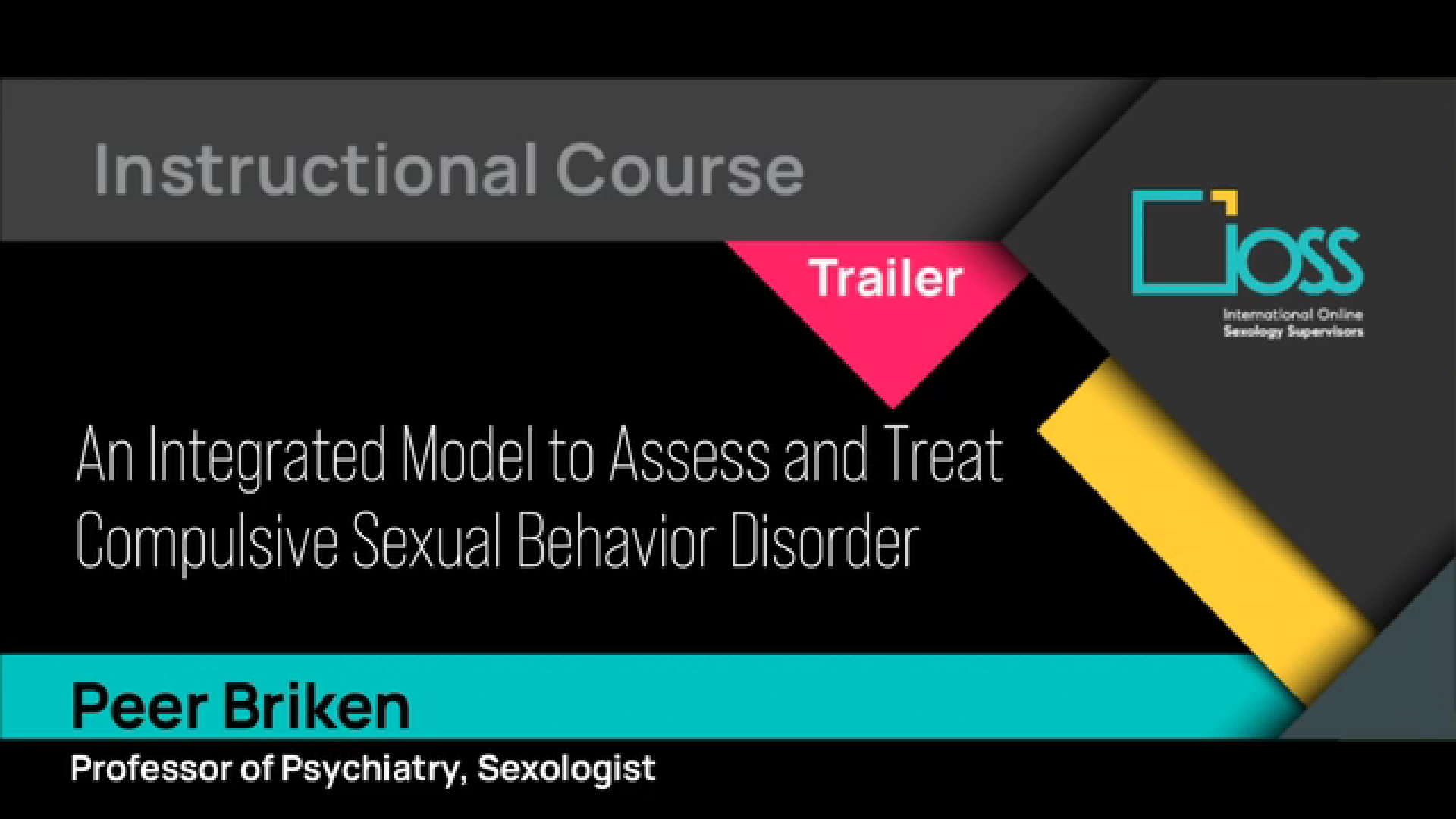 Trailer
Trailer